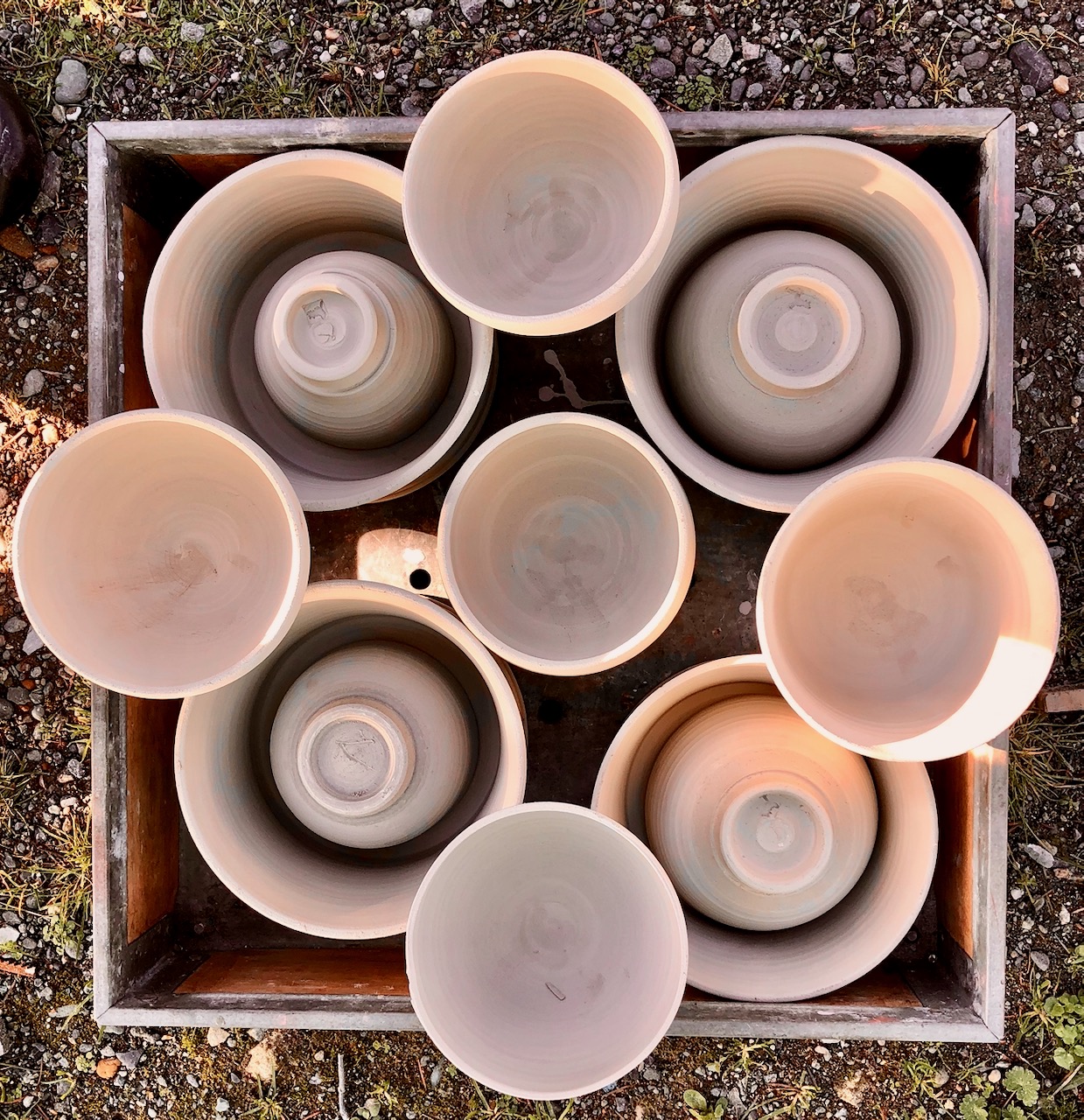 Western thought is difficult to untangle from Western religion since the latter so often formed the former.
Western thought is difficult to untangle from Western religion since the latter so often formed the former.
We like to be sure of things. Sure there is a God. Sure that sins are forgiven. Sure that God called me to this or that. Sure that there is an eternity, that it has a heaven and that I am in that heaven when the time comes. We like to be sure that we are God’s chosen. We like to be sure “those others” are not. We like to be sure our rituals work. We like to be sure that ours is the only “way, truth and light.” We like a system that makes us the “righteous ones.” The “watchers and holy ones.”
What I envy about Eastern thought is that our brothers and sisters to the East ( you may remember them – the ones we dropped hydrogen bombs on. The ones we placed in prison camps in America – the “home of the free.” Those Eastern brothers and sisters.) – yeah, so, our brothers and sisters to the East – they have a culture and spirituality that has formed a different way of being on the planet. They are not so sure of everything. Instead, they observe their thinking and wonder if it is true. They are, generally, detached from things and thoughts. Easily able to let go.
One of the big differences between Eastern potters and Western potters is that our Eastern friends have a yard near their pottery into which they toss pre-fired and bisque-fired pots that just don’t seem right – pots that, in one rain, become soil again, or begin to.
Pictured above is a tray of pots – just dried clay – that are on their way to the kiln for the bisque (first) firing. Some of them made it into the kiln, and some were dropped into a bucket of water, next to my kiln, to be recycled.
As I made my way to the kiln last week with this tray, I had a flash-back. I remember when I originally bought the tray. I bought it to use to serve drinks to guests at parties. Back in my 30’s and even 40’s (I am 57 now), I loved to throw parties. We gathered ten at a time, drank drinks from this tray, laughed, imagined, argued and ate 5-course meals that I loved to prepare. Often 70 dirty dishes went from sink back to table for the next party, never even making it to shelves.
But life changes. Friends betray us and we become wary. Bodies change. And today I no longer throw parties. Partly it is COVID, but when this is over -and prior to its start- I had stopped throwing dinner parties in my early 50’s. I had moved on. I wanted more to spend a day in the pottery than spend a day in the kitchen. More time making dishes than washing them. I became rather more solitary, leaving my extroversion to my work as a fundraiser.
My point is that the tray went from being for one way of life to being used in a different way, for a new phase of my brief existence on this round, blue, earth. A tray that once carried drinks to a dinner table now carries pots to a kiln.
We, in the West, do not like to let go of things. This is proven by the storage industry. Last year alone, Americans spent $38 billion on self-storage – to store things they wanted to keep, but did not want to see, use or touch. Hmm. What could $38 billion, used differently do?
As I age, I am becoming more and more aware that I need to let loose my grip on things. Loosen my grip on that of which I am so sure. Loosen my grip on my “vocation” or my ”calling” and just live. Loosen my grip on that in which I believe (give my heart to). Loosen my grip on being alive tomorrow or even later today, after lunch for example. Loosen my grip on the titles and labels I and others have placed on me. Loosen my grip on Kai who died a year ago today as I write through tears. Loosen my grip on my possessions (I have gone from 15,000 pounds to 2,500 pounds in five moves from the eastern USA to an island off the western USA coastline).
A drinks tray can become a pottery tray. It can migrate from a kitchen to a pottery studio.
And the real irony is that it really makes a much better pottery-go-to-the-kiln tray than it ever was a drinks tray.
Life changes from moment to moment. Suffering comes when we grasp the moments too tightly.
The Daily Sip is a series of short-form essays written by Charles LaFond, a potter, writer, and fundraiser; who lives with his dog Sugar on a cliff, on one of the more than 400 islands in the Salish Sea, pondering and writing about how to be a better human, but often failing. And sometimes not.

